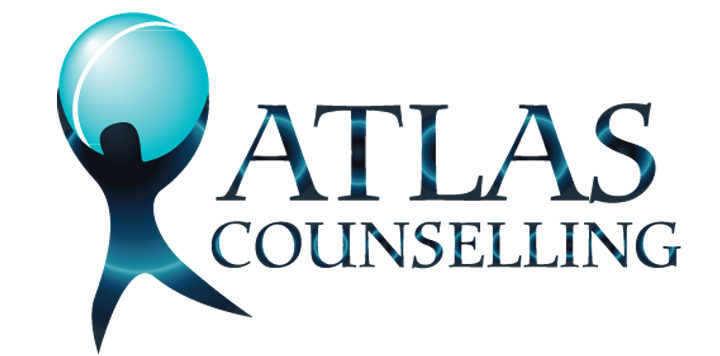What is ‘In-Person, Face-to-Face Counselling’?
‘In-person, Face-to-Face Counselling’ is the traditional situation where you meet with your counsellor, in-person, at an agreed time and place for your counselling session.
Atlas Counselling offers the opportunity for you to attend your face-to-face counselling appointments at either our space, or at a place of your choosing (by prior arrangement and where possible). Of course, there are considerations that need to be made if Atlas Counselling is coming to you. Such considerations will be indicated below.
On-Site, In-Person, Face-to-Face Counselling
“On-site” refers to sessions that are held in Atlas Counselling’s counselling space. This is the most traditional counselling scenario. There are unique benefits if clients are able to attend their appointments on-site:
- Clients leave the distractions of their personal environments and are able to focus on their counselling sessions.
- There may be a higher level of commitment to the session. In a similar way as working out at a gym may be more focussed than working out at home, or how putting on task-specific clothing or uniforms help some people “get into the zone” ready to take on those specific tasks.
Off-Site, In-Person, Face-to-Face Counselling
“Off-site” refers to sessions that are held at a place other than the Atlas Counselling’s counselling space. Off-site locations are only limited by access, safety and suitability and can be arranged in advance by discussion prior to booking. Some examples of off-site scenarios might include ‘walk-and-talk’ sessions, beach, or park sessions. They might also include home or office meetings. The primary considerations being physical and emotional safety, and confidentiality. It is the responsibility of the client to consider the limits of confidentiality at their requested location.
As with on-site sessions, off-site sessions offer some unique benefits:
- Some people may feel more comfortable in nature or while doing something differently to sitting across from their Counsellor.
- Some people may be quite time-poor and not be able to get to a Counselling room, but want the benefit of face-to-face counselling over online counselling.
- Perhaps the client has children that they are unable to get care for and it is more convenient to meet somewhere that the children can play while they talk.
Please note that travelling fees are an additional cost when considering off-site appointments. This can be discussed at the point of enquiry. Please also note that bookings for off-site appointments cannot be made through the online booking platform.
What are some advantages of face-to-face counselling?
There is a reason that face-to-face counselling sessions prevail as the most popular. The key reasons include:
- Both the Counsellor and client can engage in dialogue using the full range of communication cues, specifically the non-verbal cues that invariably accompany the words that we use. Our sense of a conversation is often interpreted from the things that are not said – these can be very important within the therapeutic relationship.
- There is less “space” between the client and counsellor. This means that the significance of what is happening in the space between is not diluted by things that have the potential to take the focus of the client away from the session.
What are some challenges or barriers to accessing face-to-face counselling?
While they are not disadvantages per se, some reasons that face-to-face counselling may not represent the best solution for a client include:
- Presenting to counselling premises can be a highly anxiety provoking idea for some people. It may be that a client would sooner go without much needed Counselling support in preference to putting themselves in a situation that is too overwhelming.
- Perhaps a client does not have the means of either getting themselves to a Counselling room, or a arranging for their Counsellor to meet them. There may be mobility or accessibility barriers. Perhaps the client does not have appropriate transport to assist with getting them to a Counsellor.
- There is travelling time involved with getting to and from a face-to-face counselling session. There is a cost of either time or money, or both, associated with this whether the client comes to the Counsellor or if the Counsellor comes to the client.
If face-to-face counselling sessions are not something that you think will suit you, have a look at the information here regarding online counselling session.
If you are in a crisis situation and require urgent assistance, you are advised to phone the most appropriate of the Emergency/Crisis numbers listed at the bottom of each page. These numbers can also be found on the Emergency/Crisis Contacts page.
Emergency Contact List
Kids Help Line: 1800 55 1800
Lifeline: 13 11 14
Domestic Violence Crisis Line: 1800 65 64 63
Australian Emergency Services: 000
(Police, Fire, Ambulance)
For other options, please visit https://www.healthdirect.gov.au/mental-health-helplines
